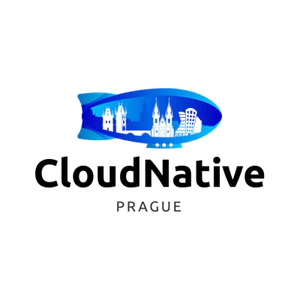(No) Future of coding and scripting in AI era
In December 2024, the latest OpenAI model outperformed 99.9% of human coders in the Codeforest competition. In the most advanced scientific test, Humanity’s Last Exam, we saw a progression from a 3% score with GPT-4o to 8% with DeepSeek R1, and finally to 27% with OpenAI Deep Research. What does this mean for our DevOps practices of writing code, scripts, and manifests?
In this session, we will explore the transformative impact of AI on coding and scripting, focusing on the evolution from current Integrated Development Environments (IDEs) to future canvas-like environments. We’ll use practical examples from GitHub Copilot to illustrate these changes.
We’ll demonstrate distinctions between standard AI models and advanced “thinking” models, providing practical tips on when to use each. This will include large models from OpenAI, Anthropic, and Google, as well as a discussion on the specific use cases for smaller, fine-tuned models and how they can be leveraged effectively in various scenarios.
The session will also cover the role of AI agents in the automation of the DevOps process. We’ll look at agents that run and test code before proposing it, those that review Pull Requests and suggest improvements, and agents that identify security vulnerabilities and recommend fixes, from Python to Infrastructure as Code. These AI agents also extend to scripts, SQL queries, Terraform configurations, and Kubernetes manifests.
Through live demonstrations, I will showcase my workflow using AI agents to write, review, test, secure, and document code. This hands-on approach will provide a clear understanding of how AI can enhance productivity, improve code quality, and streamline DevOps practices.
Speaker

Tomas Kubica
Tomas is a Cloud Architect at Microsoft, focusing on application and AI innovations. He is also an occasional teacher at an evening AI school for the general public. Tomas has worked on ...

















